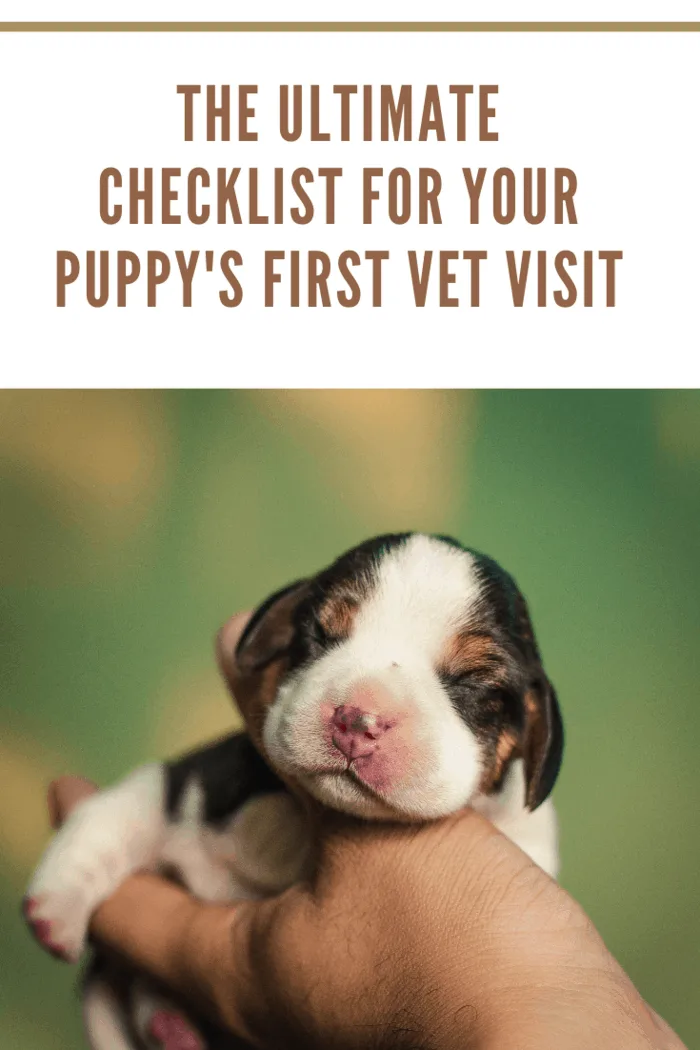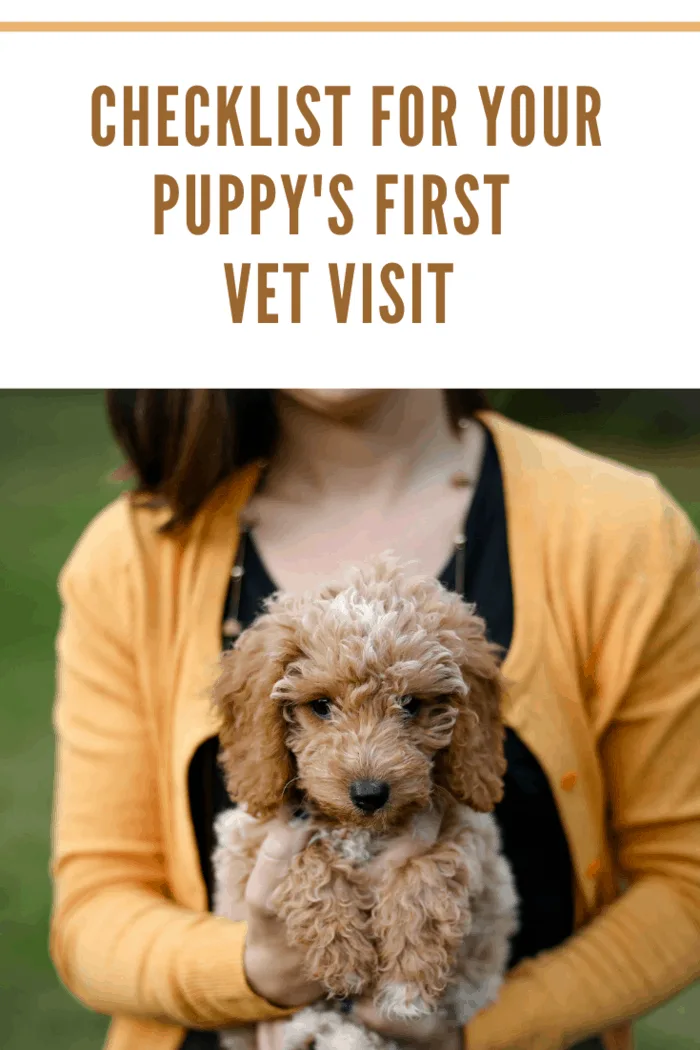Puppy’s First Vet Visit: The Ultimate Checklist for New Dog Owners
Welcoming a new puppy into your home is an exciting, life-changing event! As you prepare for this adorable addition to your family, there are a few things to consider—like that all-important first vet visit. Whether you brought your new puppy home yesterday or you’re counting down the days, it’s essential to ensure that their first trip to the vet goes as smoothly as possible.

Photo by Gursimrat Ganda on Unsplash
Photo by Gursimrat Ganda on Unsplash
Finding the Right Vet: Your First Step
Before you can plan for your puppy’s first vet visit, you need to find the right veterinarian. Choosing a vet is a lot like choosing a doctor for yourself—this person will play a crucial role in your puppy’s health and well-being. So, how do you go about picking the right one?
Start by thinking about what matters most to you. Is the location of the clinic convenient? Do they offer flexible office hours that fit your schedule? What about payment options or specialized services like dental care or boarding?
Once you have a clear idea of your preferences, search online for vets in your area. Try typing in “best vets near me” to generate a list of local clinics. Don’t forget to ask fellow pet owners for recommendations—there’s nothing like a personal referral from someone who’s been there.
When Should You Take Your Puppy to the Vet?
Most puppies are ready for adoption at around seven weeks, and according to veterinarians, this is an ideal time to schedule their first vet visit. During these early weeks, puppies learn crucial social skills from their littermates, like how to play and interact with other dogs.
If you’ve adopted a puppy slightly older—say, 10 weeks old—it’s still a great time for their first check-up. But the sooner, the better! Delaying that initial visit puts your puppy at a higher risk for illnesses or issues that could have been addressed early on.

Meet Lainey Lou, the Goldendoodle. Photo by April Walker
What to Expect at the Vet
1. The Paperwork
Once you arrive at the vet’s office, you’ll need to fill out some paperwork. Don’t worry—it’s nothing too complicated. You’ll provide your contact information, as well as details about your puppy, including their name, age, and breed. If you know any medical history, like previous vaccinations or treatments, be sure to include that too.
2. The Physical Exam
Now, it’s time for your puppy’s nose-to-tail check-up! According to the Pet Health Network, this exam is thorough and ensures your puppy is in tip-top shape. Here’s what the vet will typically do:
- Weight check – Is your puppy gaining weight appropriately for their age and breed?
- Temperature check – This helps the vet detect any potential infections.
- Heart and lung check – A stethoscope is used to listen for abnormalities.
- Body examination – The vet will feel for any lumps, bumps, or painful areas.
- Teeth, ears, and eyes – Healthy puppies should have clean teeth, clear eyes, and ears free of odor or discharge.
- Skin and coat – A healthy coat is shiny, and skin should be free from parasites.
Expect your vet to administer deworming treatment and provide medication to protect your pup from fleas, ticks, and heartworms.
Puppy Vaccinations: What You Need to Know
Vaccinations are a critical part of your puppy’s first vet visit. Puppies are particularly vulnerable to diseases before their vaccines are complete, which is why the first shots are usually given between 8 and 12 weeks of age.
Core Vaccinations:
- Canine Distemper – A highly contagious and often fatal disease that affects dogs of all ages.
- Parvovirus – An aggressive virus that attacks the gastrointestinal system, often leading to death if untreated.
- Rabies – Not only fatal to dogs but also a risk to humans. Puppies receive the rabies vaccine at around 16 weeks.
Non-Core Vaccinations:
Depending on your puppy’s lifestyle and where you live, your vet may also recommend vaccines for Bordetella (kennel cough), Lyme disease, or leptospirosis.

Lionhart , a teacup Yorkie
Don’t Forget to Budget for the Visit
It’s no secret that vet visits can add up, especially when you factor in the cost of vaccinations, deworming treatments, and any other necessary medications. While prices vary depending on your location and the services required, initial visits tend to be more expensive. Over time, regular check-ups will become more affordable, but you should still consider pet insurance to help cover the costs. This is particularly useful in case of emergencies or unexpected health issues.
Ask Questions!
Your vet is there to help you, so don’t be shy about asking questions. Whether it’s about feeding, exercise, or dealing with common behavioral challenges, they’ve seen it all! Some common questions include:
- What’s the best type of food for my puppy?
- How often should I bathe them?
- When should I start thinking about spaying/neutering?
Final Thoughts: Preparing for Your Puppy’s First Vet Visit
As exciting as it is, your puppy’s first vet visit can feel a bit overwhelming. But with a bit of preparation, it’ll be a smooth, informative experience for both you and your pup. Remember to bring a list of questions, be prepared for vaccinations, and budget accordingly. And of course, don’t forget to reward your puppy afterward with a treat and plenty of snuggles.
Need to prepare for your puppy’s first vet visit? Check out my recommended puppy essentials on Amazon to ensure you have everything you need for your new furry friend!
